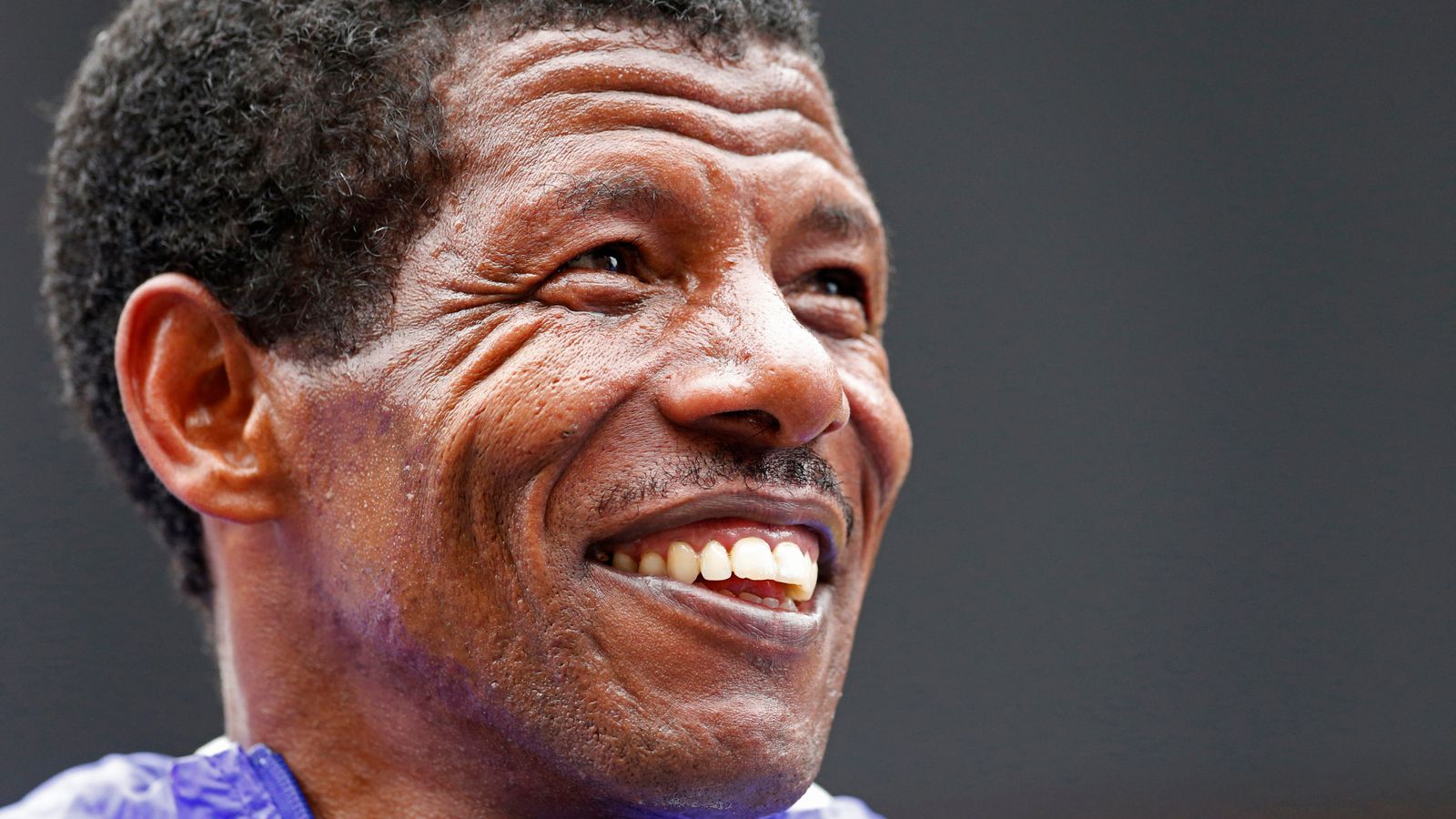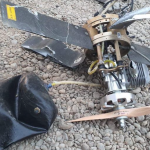Nobody hands out golden medallions for achievement in the African business community but if they did, former two-time Olympic gold medallist Haile Gebrselassie would need additional room in his trophy cabinet.
The 48-year-old Ethiopian occupies a modest-sized office in a modest-looking building in the heart of the capital city, Addis Ababa, with a compact gym in the basement and a snack stall in the foyer.
But the former long-distance runner is something of a long-term visionary when it comes to meeting consumer expectations – and his secret is both a simple and extraordinarily difficult to realise.
“We Ethiopians have always followed outsiders, the Europeans, the Americans and Asians and with access to social media we know everything about the world and people (here) want the same kind of life, the same attitude towards life and that is why (my business) is possible.”
In order to train and compete against the best in the world, Gebrselassie had to spend much of his 20-year career overseas, staying in hotels and using services that were unavailable in Ethiopia.
Upon retirement, he decided to try and offer 112 million Ethiopians the same sort of opportunities.
Fifteen years on, he has amassed half-a-dozen hotels and resorts, a real estate business, a coffee plantation and a share in a Hyundai car-assembly plant – a collection of ventures which employ more than 3,000 people.
“When we built our first resort there was not so many people using these hotels and slowly people started to come along and experience the feeling of a vacation, the feeling of family time.
“Twelve years ago, tourists (made) 90% of the bookings but now 90% are (Ethiopians) travelling from Addis, bringing their families.”
Until relatively recently, Ethiopia was considered an economic basket-case but it has experienced high levels of growth in the decade leading up to of the global pandemic.
Poverty levels have been reduced and consumers have discovered that they had time and money to spend.
Realising that everyday realities were shifting, Gebrselassie decided to do something that many people – including members of his family – thought was absolutely crazy.
In 2004 he decided to the open the first privately-owned cinema in the city.
“(My family) said ‘eh, why don’t you give your money to poor people instead of spending it on nothing?’. But I said, ‘hey guys, I don’t know, this is my wish’.”
The former athlete built the Alem Cinema Hall behind the building he now works from and installed a modern screen with proper speakers and a bar-code ticketing system. But there was a serious problem with this venture. Nobody in Ethiopia made films.
“There were no movies to show at the cinema so I found a person who knew how to write a script and hired some of the actors and actresses and told them to make a movie.
“After that Ethiopian filmmakers went out and started to make movies, comedies, love stories and slowly people came in. (After a while) there was a big line to come and see them…. you won’t believe how many cinema halls there are in town now. I am just so proud to be the first one.”
The arrival of COVID-19 has not been good for the bottom line although Gebrselassie says that business has now begun to pick up. However, in a country like Ethiopia, the global pandemic is only one of a number of existential threats.
“In Ethiopia we have a lot of problems, with fighting in (the region of Tigray), hunger, political instability and last year I lost two of my hotels.”
The death of a popular singer called Hachalu Hundessa sparked unrest in the Ethiopian region of Oromia, where he was widely viewed as a hero.
More than 160 people were killed in the unrest and property belonging to non-Oromos – who make up the largest ethnic group in Ethiopia – was targeted.
“Imagine, 400 people who work at the hotels lost their jobs and millions of birr (currency) was lost, like in half a day – burning is very easy.
“I spent five years to build these hotels but thanks to God, I have renovated one of the hotels. The other (hotel) was 100% burnt and that is a little bit difficult to rebuild or renovate.
“You see? Again and again, this country has so many problems.”
The biggest problem now faced by Ethiopia’s prime minister, Abiy Ahmed, is the conflict in Tigray where his forces have been battling forces loyal to the region’s leaders, the TPLF, for the past eight months.
The government made a surprise withdrawal from the area’s biggest city, Mekelle last week – a move the prime minister said was based on financial and humanitarian calculations.
The United Nations says 400,000 people are “in famine” with another 1.8 million at risk.
Gebrselassie is member of group called “the elders” who tried to negotiate a peaceful resolution to the conflict last year and he treads a careful line on this most emotive of issues, calling it “a war between brothers”.
But he asks the international community not to push Ethiopia too hard because he says its problems are bigger – and the political system more unstable – than the diplomats and the politicians realise.
“I think (there is) a lot of pressure in this country and in the west they have to be careful, be careful… if you keep pushing this way, the result will be very bad.”
Gebrselassie’s athletic career was defined in part by thrilling victories over the Kenyan Paul Tergat in two successive Olympic 10,000m finals. But present day problems now produce more anxiety for this remarkable entrepreneur.
“When I think about that time, my athletics career, I wish to go back to those days, running in the morning (for) two hours, sleeping the whole day, and one hour (of training) in the afternoon and lots of conversation and chatting with the manager, the coach and the physio. Three people, not 3,000 (employees). Now it is more complicated.”






















